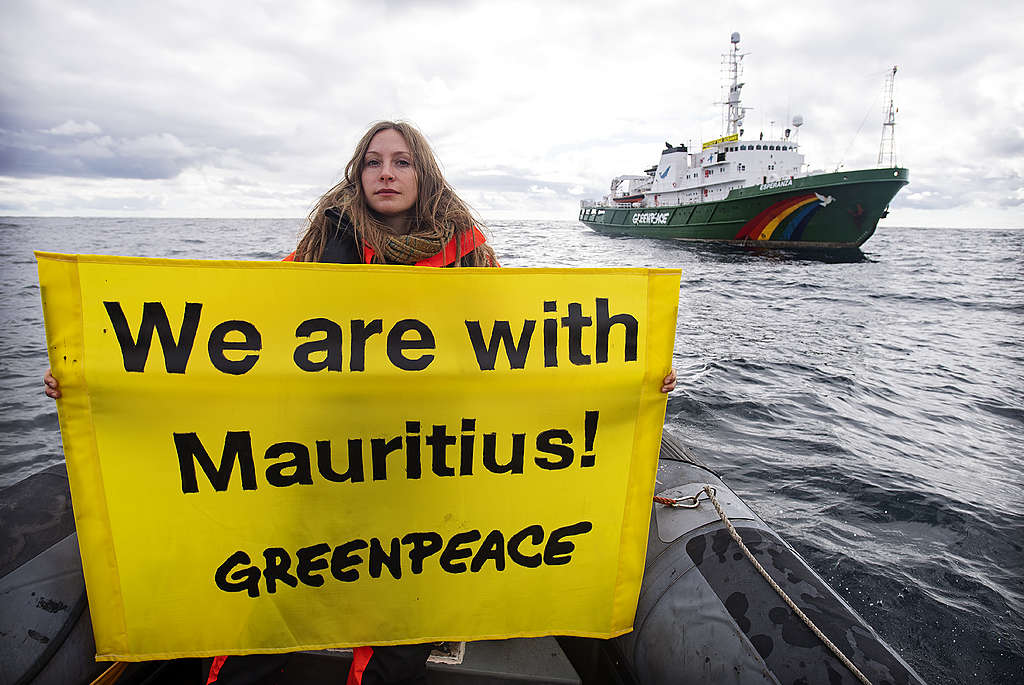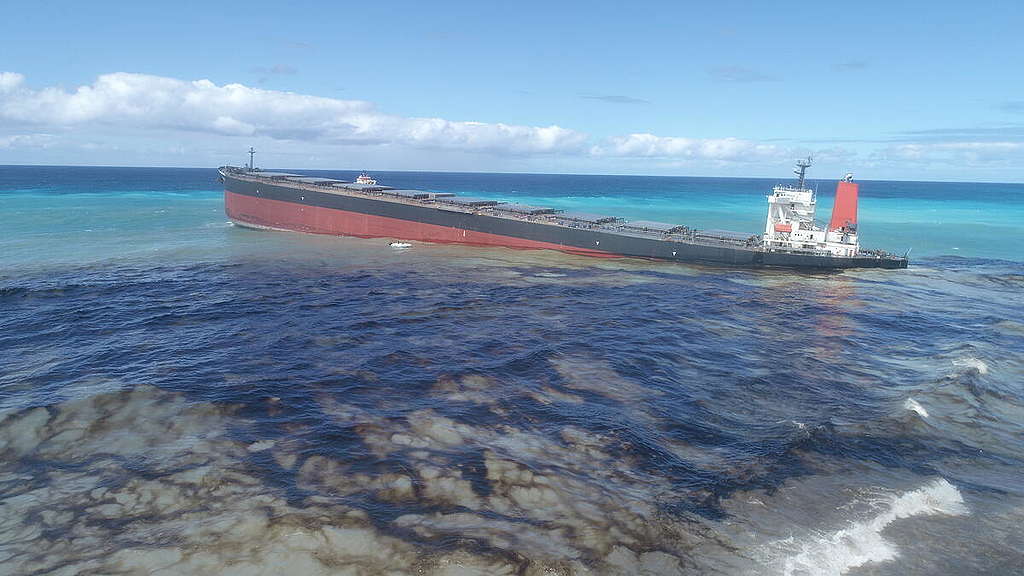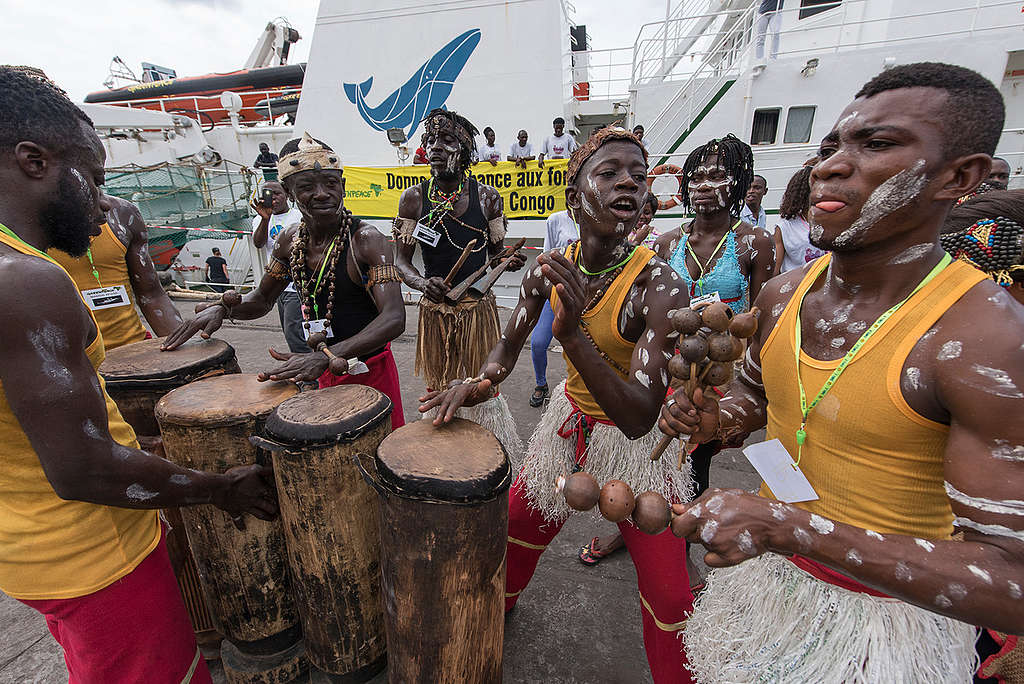
It has been said that since humanity first harnessed the power of fire we have been shaping the world in our own image. This discovery enabled us to transform the way we hunt, cook, as well as providing protection and warmth. Our ability to sustain ourselves and to improve well-being has extended right through to the 21st century; an era referred to as the ‘Anthropocene’. Essentially, this period is defined by the way human activities have impacted biophysical processes which, in turn, have begun to degrade natural ecosystems and the benefits we are able to obtain from them.
One of the biggest causes of environmental impact stems from our relentless usage of fossil fuels and the demand for oil. Although we are so reliant on oil (e.g. fuel, construction, clothing, and plastic), the extraction, processing, and consumption is widely acknowledged as a major source of environmental degradation and climate change. Instead of reducing our carbon footprint, it seems that we are still on the hunt for additional oil wells; such is the case with the newly established Brulpadda project, off the coast of Mossel Bay, South Africa.
In an attempt to revive the economy, especially considering the COVID-19 pandemic, the South African government is looking at addressing short-term issues, which hinders long-term sustainable development goals – the UN’s SDG 7 to be exact. In comparison, many organisations and even some oil companies have accepted that we need to reduce our consumption of oil. It is imperative that we develop and maintain global initiatives for a reduction in the dependence of unsustainable practices. That being said, South Africa is clearly falling behind…
These accusations come with no propaganda agenda as the evidence is quite clear: we cannot justify the continuation of resource exploitation for posterity’s sake. On the contrary, fossil fuels and the impact of human activities is actually aggravating climate change and habitat destruction. As we continue, the trajectory of the socio-ecological relationship becomes detrimental to the stability of biodiversity and planetary boundaries.

Look no further than the recent oil spill in Mauritius, where a Japanese cargo vessel with 4000 tons of fuel oil crashed into a coral reef in Riviere des Creoles. Thousands of litres spilled out into the Indian Ocean, leaving a trail of thick sludge across the water’s surface leading into protected marine ecosystems. This issue of oil pollution adds to the existing environmental threats that amplify the impact on ecosystems as well as the stability of coral reefs. If these activities are allowed to go unchecked, we shall see a marked rise in the loss of biodiversity and the habitat, and a reduction in the coral’s ability to provide shelter for marine life as well as the provision of wave barriers for coastal towns.
This oil spill has attracted global attention with international news outlets such as the BBC, Deutsche Welle, and Al Jazeera all covering the events that have unfolded. As masses gather for protests against government inaction, the aftermath of the spill has seen the death of marine life and impacted human livelihoods, with a question mark on who will take responsibility.
Although 2020 will be forever overshadowed by the global pandemic; each protest, initiative, project, social-media campaign or action will continue to drive the need for transformation forward. As these actions gather momentum we, together as activists, can change the course of global development.
Storm Smith is Greenpeace Volunteer based in Cape Town, South Africa.
 Get Involved
Get Involved

Discussion
Thank YOU for helping save and protect our island.
Safer and green planet.
Bonjour très heureuse d'être parmi vous
Merci pour votre soutien et bienvenue dans la communauté Greenpeace Afrique.
👍
Salut Greenpeace Afrique je salut votre initiative
Merci pour votre soutien.
Stop plastic
Thank you for your support. Single-use plastic products must be banned.
WE realy apreciate
Thank you for your comment.
Hello just have a question...are you calling people to donate to green peace
Hello, yes, those calls are from our fundraising call centres team.
Happy to be volunteer
Thank you for your comment. Kindly fill in our online volunteer application form; Click the link >>> https://act.gp/3xscMLg
Merci beaucoup pour la lutte contre la dégradation de l'environnement.
Merci de m'avoir soutenu 💚.